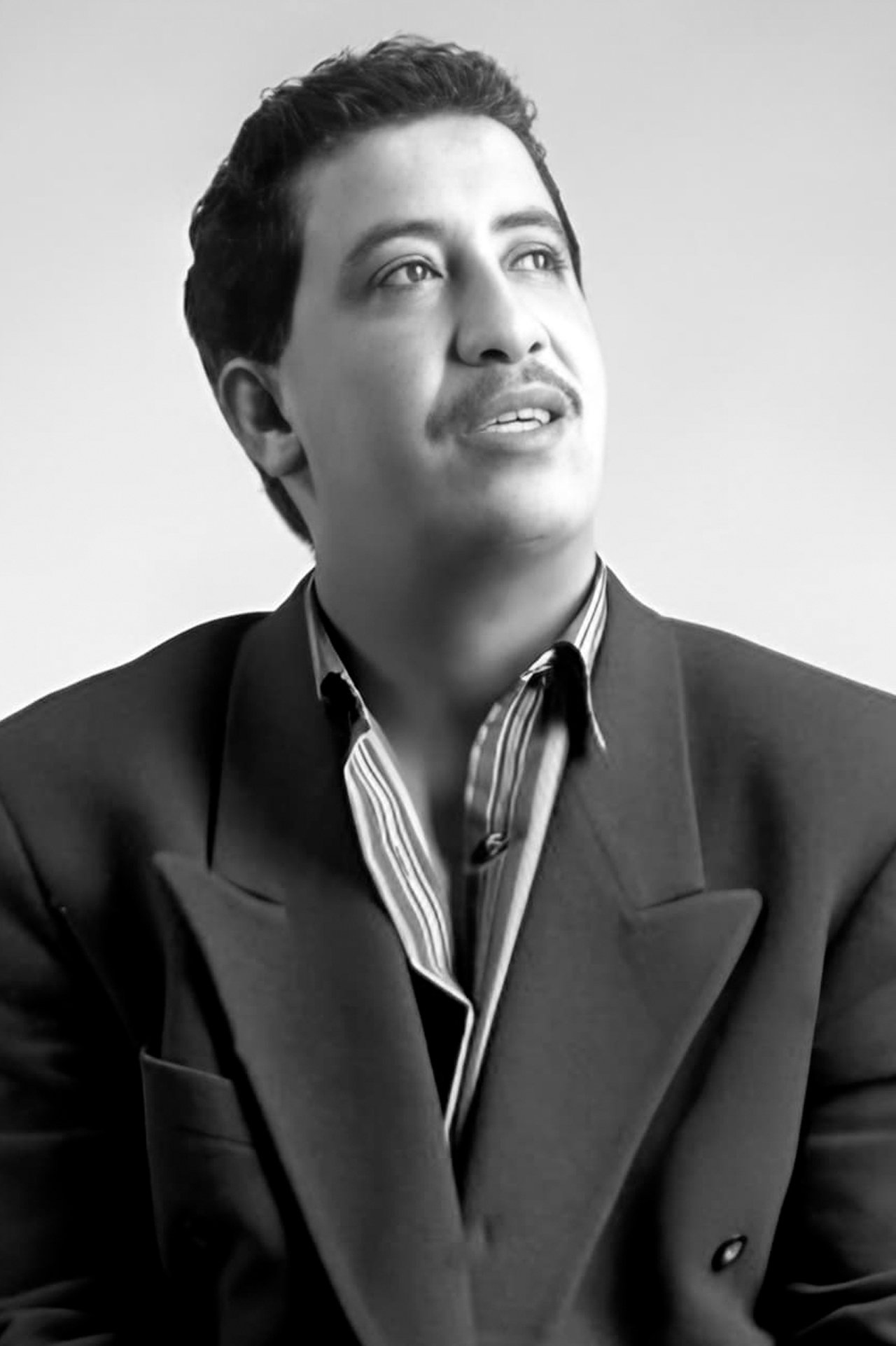
Cheb Hasni
Birthday: Born in 1968-02-01 in Oran, Algeria
Deathday: 1994-09-29
Cheb Hasni (الشاب حسني), whose real name Hasni Chakroun (شقرون حسني), is an Algerian raï singer, nicknamed the "Rossignol du Raï", he was born on February 1, 1968 in Oran, Algeria, and died on the 29 September 1994 in the same city. He is considered the king of sentimental raï. Hasni Chakroun, his name in the civil register, was born on February 1, 1968 in Gambetta, a popular suburb of Oran, the son of a welder father of seven children. Young, he pushed his voice as soon as he left school. He was also a football player, which he started at the age of 9 with ASMO. At 15, he injured himself and stayed in hospital for several weeks. Back on the field, his weight had increased, and despite the encouragement of the coaches he could not continue his sporting career. Hasni reportedly performed for the first time during the club leader's brother's wedding. In the process, one of the wedding guests offers him to perform in the cabarets of Oran. In 1986, Hasni Chakroun recorded his first cassette with the Saint-Crépain publishing house. In 1987, he performed songs in duet with the raï singer Chaba Zahouania. He married in 1987, at the age of 19, and had one child, named Abdallah, born in 1989. His wife "Melouka" whose real name is Zahzouh Malika, was for years the main inspiration of his greatest titles like "Tal Ghyabek ya ghzali" or "El Bayda mon amour". Singer adored by young people in Algeria and around the world, Cheb Hasni likes to sing sentimental love, and becomes the most prolific and biggest seller of cassettes in the country. Coming from the second generation of raï, which appeared after 1985, the year of the first raï festival in Algeria, and of which Cheb Hasni and his emulator cheb Nasro were the first representatives. Their music is labeled "Raï sentimental" or "Raï love" compared to the "vulgar" and harsh raï of their predecessors. More melodious, the genre is widely popularized through weddings, so the bar and the cabaret are no longer essential spaces for the dissemination of the genre. In 1990, prolific, he recorded 10 clips with a French company, and in 1992, he signed a contract with the manager Nourredine Gafaïti (Manager of Chaba Zahouania, Cheb Sahraoui and Chaba Fadela) and went on tours all over the world with the other stars. Inducted King of "Raï love", Hasni recorded more than 150 cassettes during his career, with at least six songs per audio tape. At the height of his art, on September 29, 1994, Hasni was assassinated in his neighborhood of Oran (Gambetta) at the age of 26. The Armed Islamic Group (G.I.A) claimed responsibility for the assassination, the news set the whole country ablaze and a huge crowd gathered in his neighborhood. Every Algerian, wherever he is on earth, carries his memory within him, the memory of a time when Hasni gave a little hope in the midst of the chaos of the "black decade". He will leave behind him the image of a martyr, man of the people, attached to his district of Oran and to Algeria that he will never want to leave us even under the threat of terrorism, and remains the idol of a whole people. , Algeria but also the whole Maghreb and its diaspora. He will be decorated with the medal of the Order of National Merit in the rank of "Achir" posthumously.
TV Credits
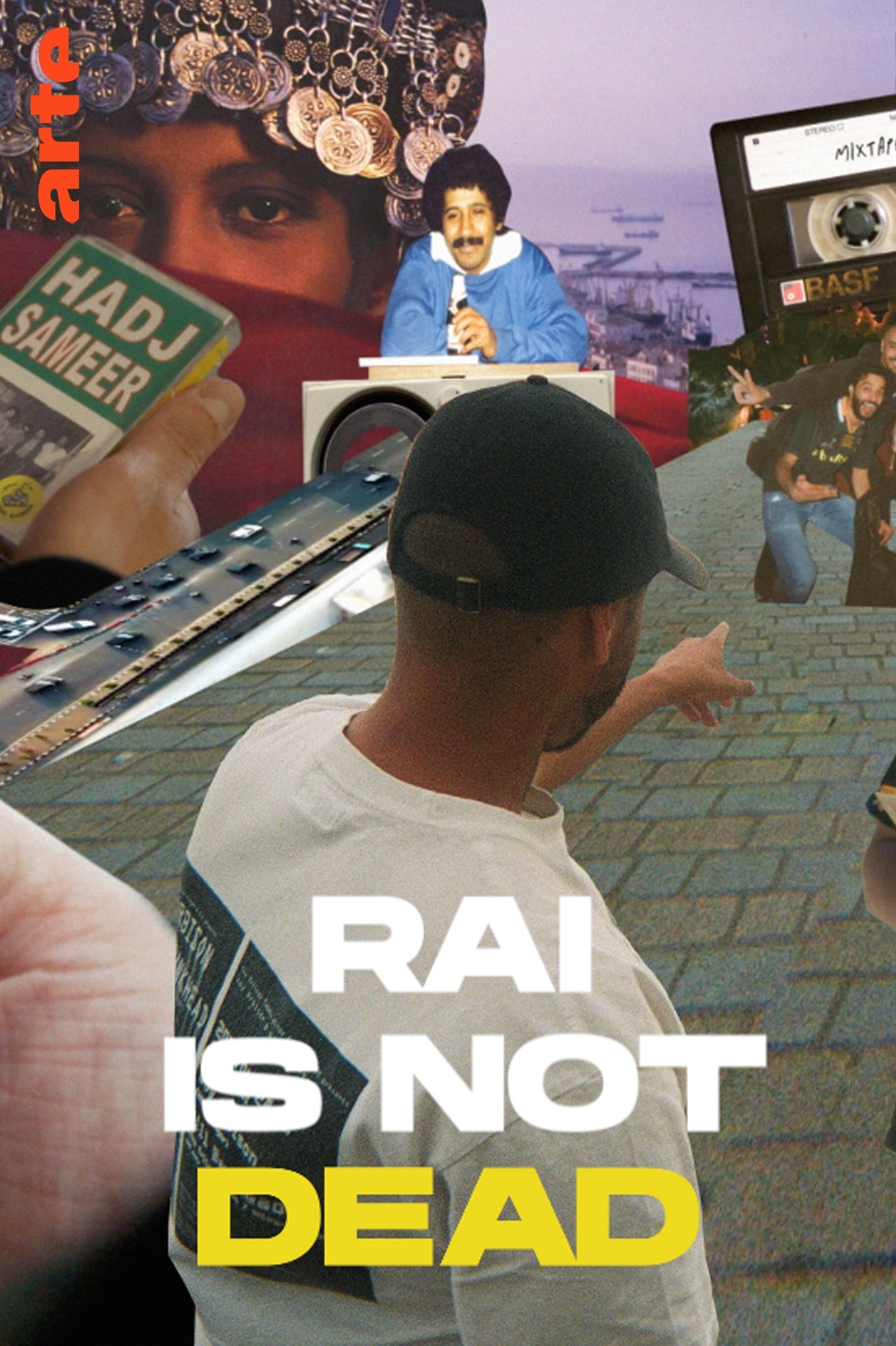
Raï Is Not Dead
Character: Self (archive footage)
What musical genre can claim to have gone, in the space of fifty years, from a hidden cabaret in Oran to Super Bowl halftime? Born in Algeria at the end of the Second World War, the raï wave spread from the cabarets of western Algeria to the cassette shops of Barbès in Paris, before sweeping the world at the end of the 1980s. its hybridization, the intoxicating music traveled from Algerian and French weddings to the biggest international stages, before suddenly disappearing from the radar at the...
Movie Credits
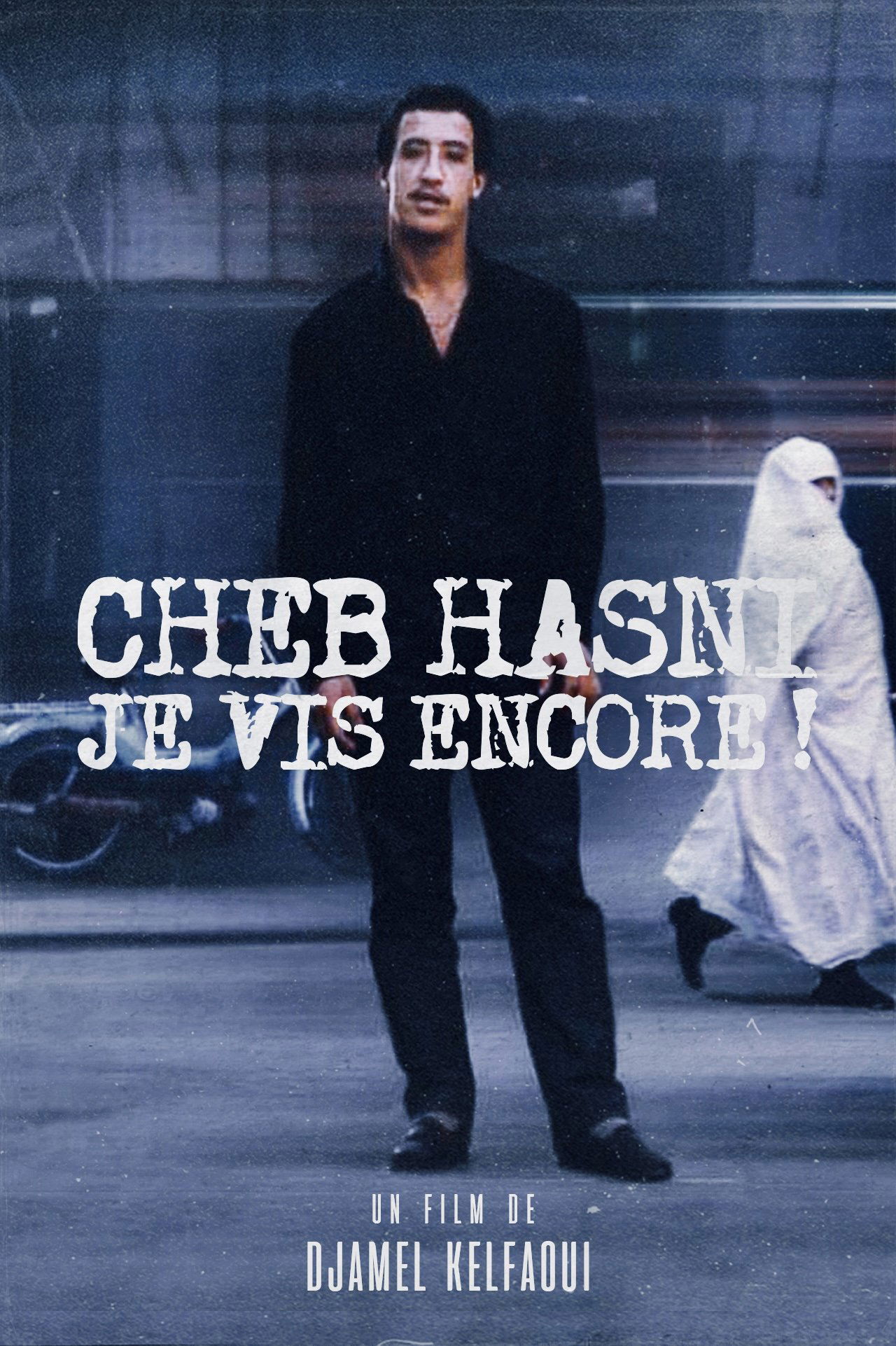
Cheb Hasni, Je vis encore !
Character: Himself
Director Djamel Kelfaoui pays tribute to the great singer Cheb Hasni, king of sentimental raï, who became cult in Algeria and beyond its borders, and who was murdered in the street in September 1994 in Oran, at the age of 26. Unique and last interview filmed a few months before the assassination of the singer considered the king of “raï love” or “sentimental song”. Cheb Hasni had recorded more than 150 cassettes during his career. His memory remains very alive in the Maghreb and Arab world and i...
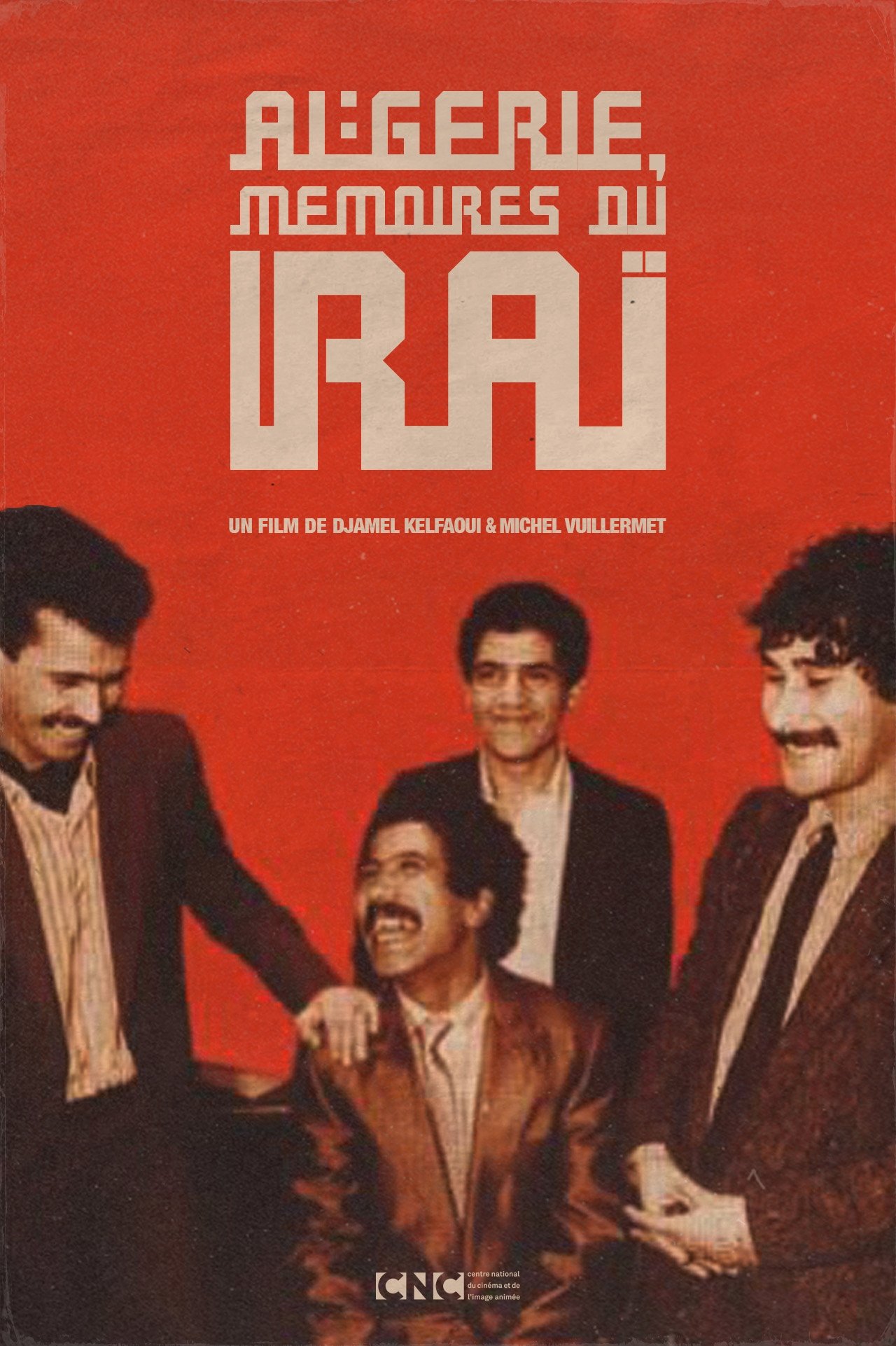
Algeria, Memoirs of Raï
Character: Self
In the 1980s, Algeria experienced a tumultuous social context which reached its peak during the riots of October 88. This wave of protest, with youth as its figurehead, echoed the texts of raï singers. Thirst for freedom, misery of life and the aspirations of youth are among the main themes of their works which will inspire an entire generation. More than music, raï celebrates the Arabic language and becomes a vector of Algerian culture, thus providing the cultural weapons of emerging Algerian n...
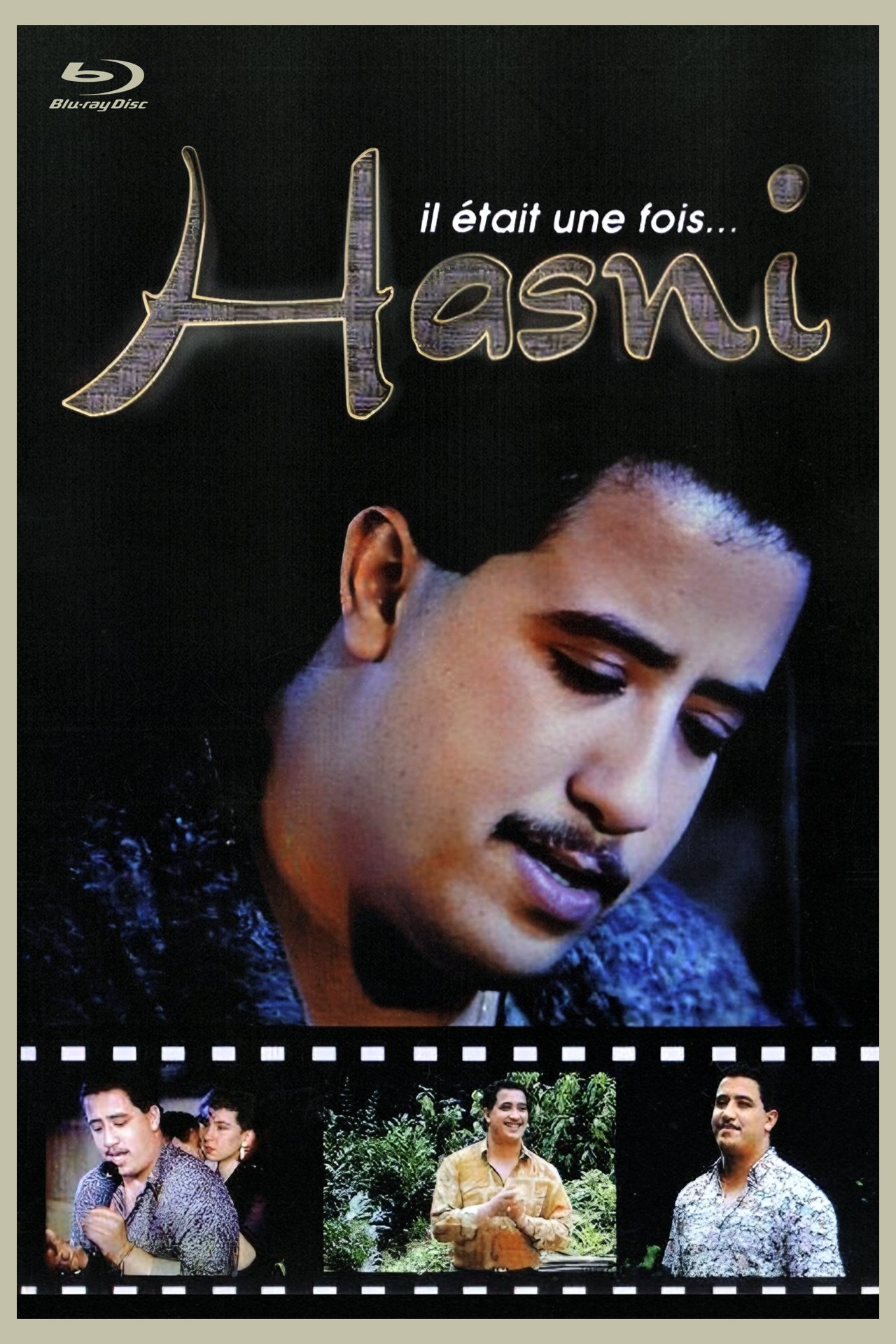
Il Était Une Fois Cheb Hasni
Character: Self
...
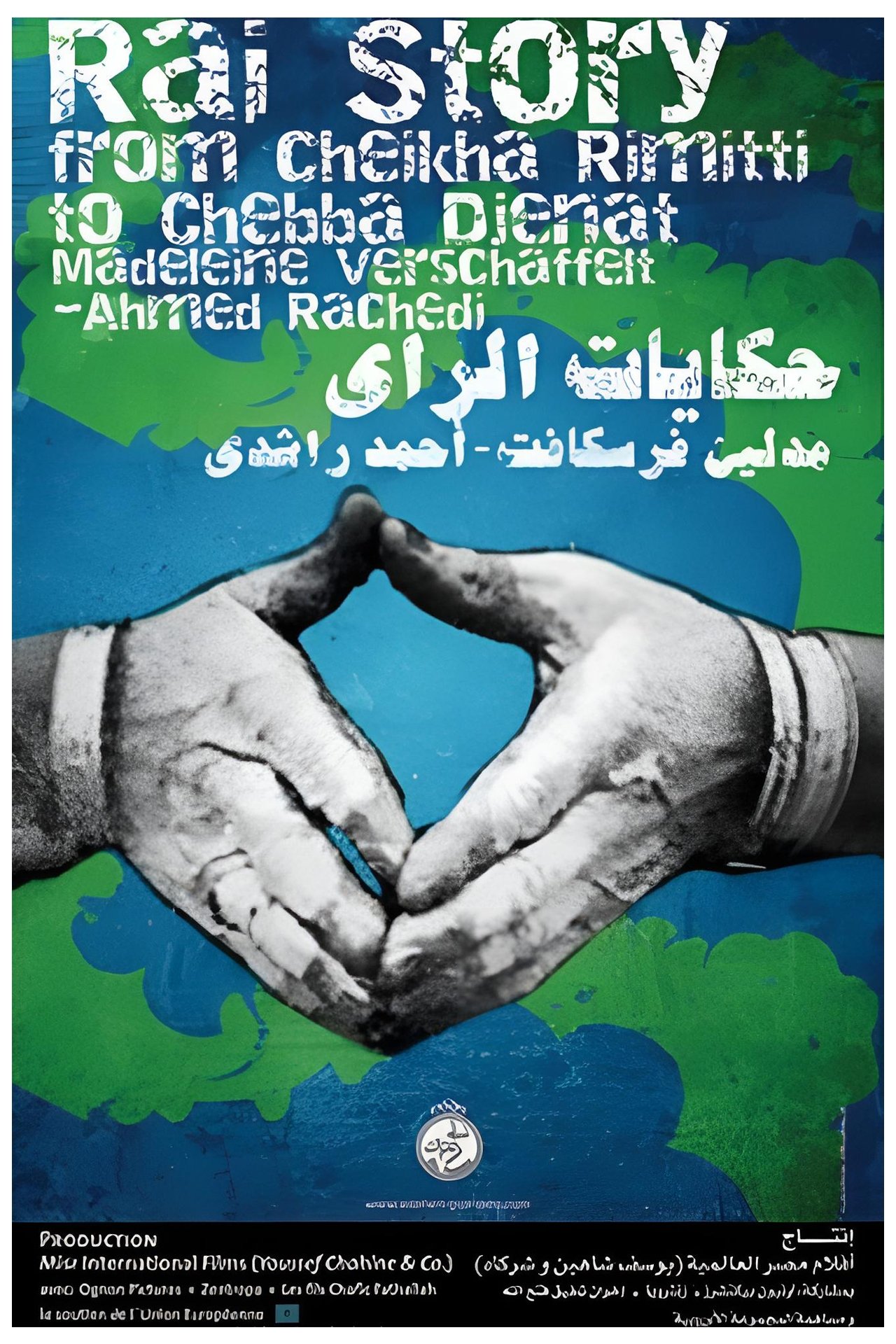
Raï Story: From Cheikha Rimitti to Cheba Djenet
Character: Self (archive footage)
Raï Story is a musical journey in search of the Raï legend, Cheikha Remitti, in Oran, Algeria, where the Raï musical tradition began. In 1923, the first Raï singers performed behind screens during ceremonies to protect their identity. It was only when the music of singer Cheikha Remitti began to gain popularity among the general public that Raï music was made public, in the 1940s. Cheikha Remitti, who lives between Paris and Oran, is nowhere to be found, the filmmakers then decide to meet produc...